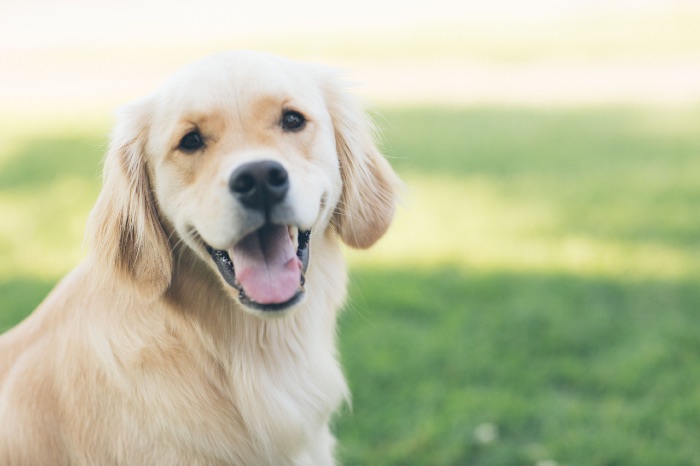It is estimated that around 40% of pet dogs in Australia are overweight or obese, yet alarmingly, many owners are unaware that their dog has a weight issue. More than just a cosmetic problem, obesity has many accompanying health risks and has a significant impact on a dog’s quality of life and lifespan. Railway Avenue Veterinary Hospital is the local Armadale/Byford vet trusted by pet owners for high quality pet care and expert advice. Read on to learn why it is vital to ensure your dog’s weight is within a healthy range.
When is a Dog Considered Obese?
If a dog weighs significantly more than normal for their breed and gender, then they are considered obese. As a general rule, a dog that weighs 10% more than normal is classed as overweight while a weight of 20% or more than normal classes them as obese.
How to Tell If Your Dog is Obese?
There are a few signs that indicate your dog is overweight. Here’s how to check if your dog is carrying excess weight:
Examine them visually – look straight down at you dog when they are standing up, a dog of a healthy weight should have a clear, defined waist that tucks in between their ribs and hips. From side on, your dog’s belly should sit above their ribcage, sloping up from their ribs to their belly.
Feel their ribcage – many hairy dogs are able to disguise their true shape, so you should also feel your dog’s ribcage. You should be able to feel their ribs under a little fat. When stroking your pet, you should also be able to feel their spine and hips. If you can’t feel these bones, it’s likely your dog is overweight.
Put them on the scales – if you have sturdy scales at home, you can get your dog to hop on and see how much they weigh. You can then compare this to the range that is considered normal for their breed, age and gender. Alternatively, you can visit your local Byford veterinary clinic and make use of their scales. Usually, you are free to use their scales to check your dog’s weight, even without an appointment.
What are the Risks an Overweight Dog Faces?
Increased weight puts excessive strain on a dog’s body and can impair their ability to carry out normal activities, including walking, running and even breathing. Overweight and obese dogs are predisposed to many health problems and their lifespan is usually shorter. Obese dogs are at a greater risk of developing:
- Arthritis
- Breathing difficulties
- Skin problems
- Cancer
- Heart disease
- Diabetes
- High blood pressure
- Sore joints and ligament injuries
Keeping your pooch at a healthy weight is the best way to increase their chances of living a long, healthy and happy life.
Preventing Obesity
Fortunately, unlike many other illnesses, obesity is a preventable condition. The two key ways to ensure your dog maintains a healthy weight is to feed them a healthy, balanced diet of the appropriate volume, and exercise them regularly.
Diet – the best foods to give your pooch should be made from fresh ingredients and be high in protein and fibre, and low in fat. Protein and fibre both help dogs to feel fuller for longer, which can help prevent them from overeating and scrounging for additional food. Avoid processed dog food as it generally contains higher levels of sugar and fat, “empty” calories from cereal used to bulk up the food and little nutrition. You should also limit giving your pup treats, even if they are specifically designed for dogs they are often loaded with fat and calories, and provide very little nutritional benefit. Just a few little treats a day can significantly increase your dog’s likelihood to gain weight.
Exercise – a sedentary lifestyle puts your dog at an increased risk of weight gain. Exercise requirements will vary from dog to dog, and depends on their breed and age. For example, working breeds need more exercise than toy dogs. However, walking alone, even for an hour per day is not always enough. Playing games such as fetch or Frisbee helps them to burn excess energy and maintain a healthy weight.
For more information on how much your dog should be eating or exercising, your Byford vet is here to help.
When to Contact a Vet
If you are worried about your dog’s weight or if you need expert advice on a healthy diet or exercise routine to prevent obesity, get in touch with your local Byford/Armadale vet, Railway Avenue Veterinary Hospital. We will examine your pooch and recommend a tailored plan to help them to reach and maintain a healthy weight. Book an appointment online, or give us a call today on (08) 9497 1547.


